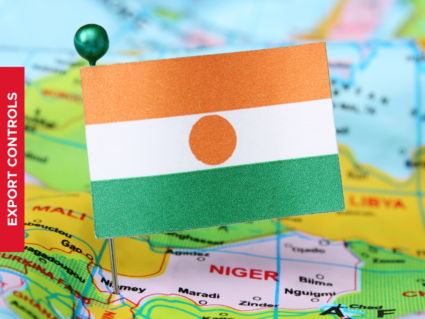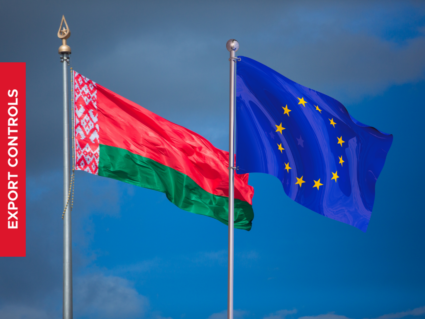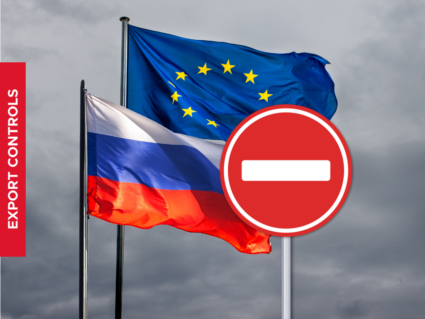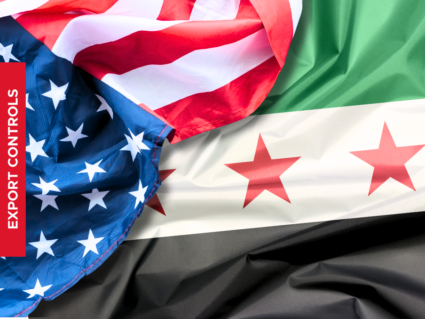Niger: the causes of the coup and possible sanctions
 Ever since obtaining its independence from the French Republic in 1960, Niger has undergone lenghty periods of rule by authoritarian military regimes. The country became a multi-party democracy only in 1993 and since then has had five constitutions under alternating civil and military rulers. In 2011, the constitution of the Seventh Republic was restored with Mahamadou Issoufou, leader of the PNDS-Tarayya, becoming the leader of the country, a position he held until 2021. The latest Presidential and legislative elections, in 2020-2021, were won by Mohammed Bazoum, the first time one civilian government has been peacefully succeeded by another.
Ever since obtaining its independence from the French Republic in 1960, Niger has undergone lenghty periods of rule by authoritarian military regimes. The country became a multi-party democracy only in 1993 and since then has had five constitutions under alternating civil and military rulers. In 2011, the constitution of the Seventh Republic was restored with Mahamadou Issoufou, leader of the PNDS-Tarayya, becoming the leader of the country, a position he held until 2021. The latest Presidential and legislative elections, in 2020-2021, were won by Mohammed Bazoum, the first time one civilian government has been peacefully succeeded by another.
The administrative powers of the state are very limited. Outside the capital, Niamey, there is practically no functioning legal system, despite the fact that post-independent governments have tried to create a shared national identity out of conflicting communities comprising differing religious and deeply conservative regional ethnic groups. These include mainly the Hausa, Tuareg and Kanuri, each with its own cultural history, irrespective of territorial divisions. Finally, albeit rejecting the Islamic extremism of the terrorist group Boko Haram, active in the country and above all in neighbouring Nigeria, conservative Islamic groups have gained political influence in recent years, without ever formally joining in the political process. They oppose democracy without actually challenging the current constitutional order.
This fragile and unstable state is the reason – not the only one – for the coup of 19 July and the overthrow of President Bazoum after the longest period of democratic rule in the country’s history, characterized by the constant threat of military intervention. After the coup, General Abdourahmane Tchiani and his military junta declared themselves the leaders of Niger.
Read the news.
Activate ZPC Monitoring, our professional service of regulatory updates, alerts, analyzes and insights on export controls and geopolitical risk.



